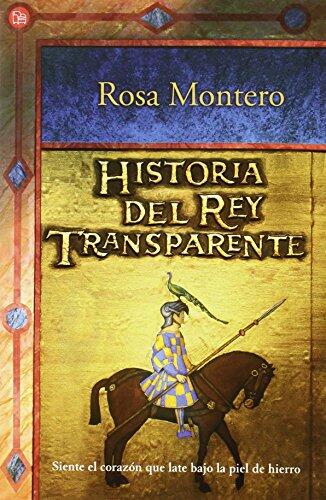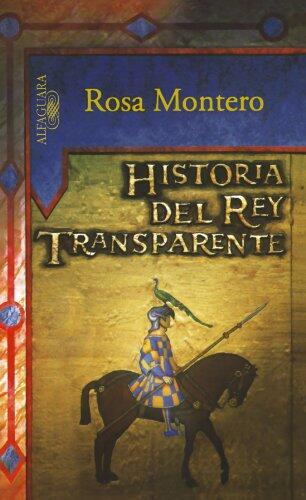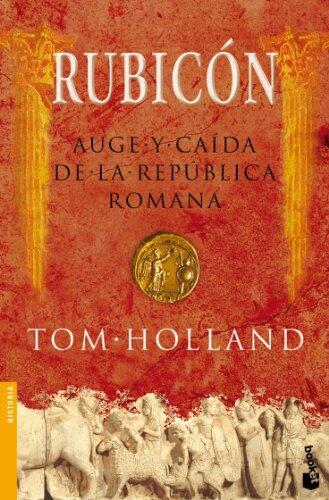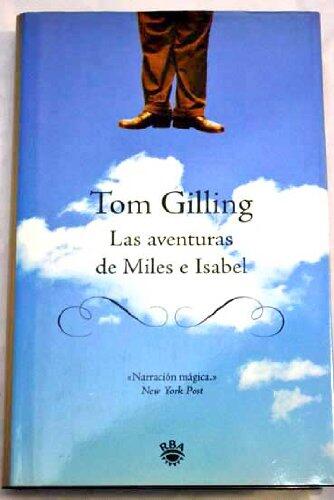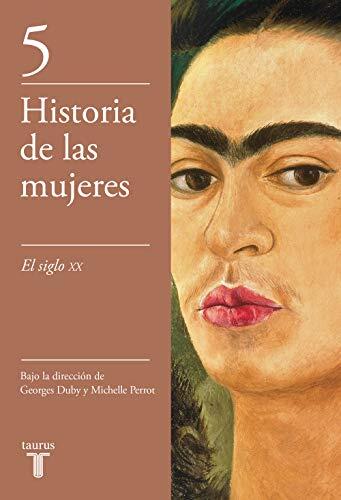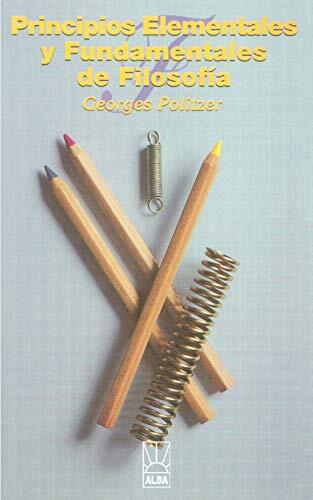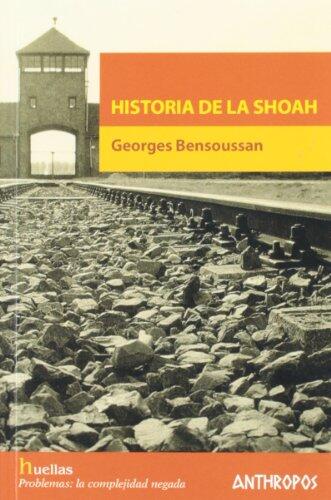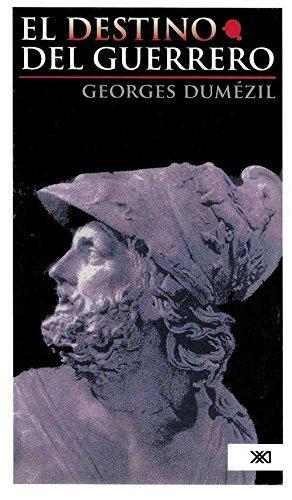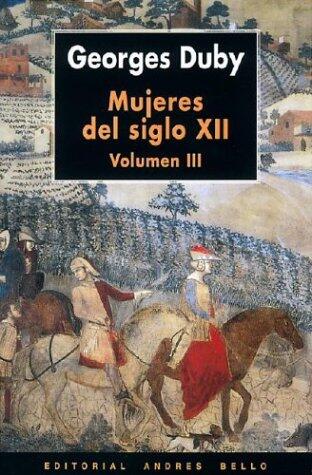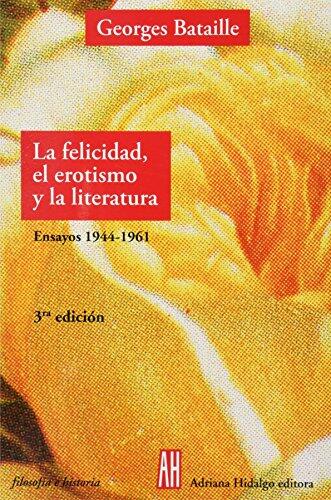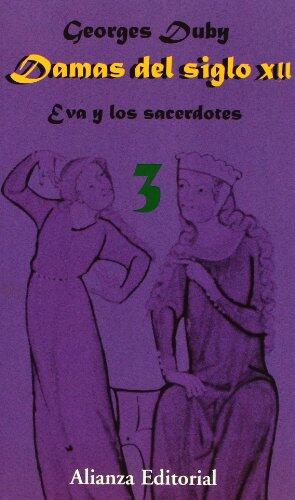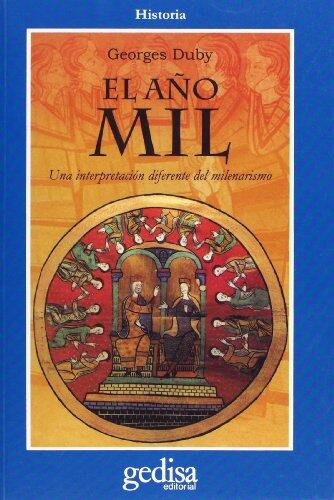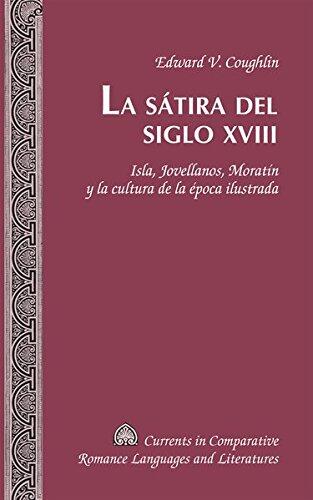
La sátira del siglo XVIII: Isla, Jovellanos, Moratín y la cultura de la época ilustrada
아직 평점이 없습니다
History
Humor
형식
하드커버
페이지
145
언어
스페인어
출판됨
Dec 12, 2012
출판사
Peter Lang Inc., International Academic Publishers
판
New
ISBN-10
1433120666
ISBN-13
9781433120664
설명
This intriguing exploration delves into the rich tapestry of 18th-century Spanish satire, highlighting the works of influential figures such as Isla, Jovellanos, and Moratín. Through an in-depth analysis, it sheds light on how these writers navigated the cultural and intellectual currents of the Enlightenment, using humor and critique to address societal norms and philosophical ideas of their time.
Coughlin meticulously examines the distinctive styles and themes prevalent in the satirical works of this era, revealing how they reflect the broader cultural shifts occurring in Spain and Europe. By engaging with the historical backdrop, the narrative illustrates the interplay between literature and the Enlightenment ideals of reason, progress, and individualism. Such a context allows readers to appreciate the subtleties of satire as a form of social commentary, while also recognizing its artistic merits.
The book also raises essential questions about the effectiveness of satire as both a literary tool and a means of social critique. Coughlin enables readers to witness how humor can serve as a vehicle for serious discourse, provoking thought while entertaining the audience. The legacy of these writers is examined, considering their lasting impact on Spanish literature and culture.
In sum, this work serves as both a scholarly resource and a compelling narrative, capturing the essence of an era where literature flourished amidst the Enlightenment’s transformative ideals. Coughlin invites readers to engage with this rich historical period, encouraging a deeper understanding of how satire continues to resonate in contemporary society.
Coughlin meticulously examines the distinctive styles and themes prevalent in the satirical works of this era, revealing how they reflect the broader cultural shifts occurring in Spain and Europe. By engaging with the historical backdrop, the narrative illustrates the interplay between literature and the Enlightenment ideals of reason, progress, and individualism. Such a context allows readers to appreciate the subtleties of satire as a form of social commentary, while also recognizing its artistic merits.
The book also raises essential questions about the effectiveness of satire as both a literary tool and a means of social critique. Coughlin enables readers to witness how humor can serve as a vehicle for serious discourse, provoking thought while entertaining the audience. The legacy of these writers is examined, considering their lasting impact on Spanish literature and culture.
In sum, this work serves as both a scholarly resource and a compelling narrative, capturing the essence of an era where literature flourished amidst the Enlightenment’s transformative ideals. Coughlin invites readers to engage with this rich historical period, encouraging a deeper understanding of how satire continues to resonate in contemporary society.


